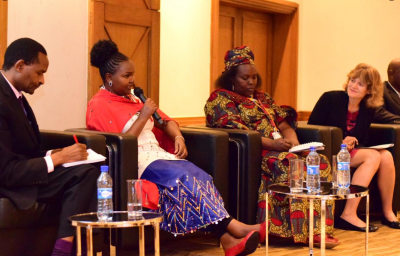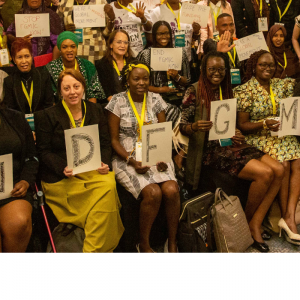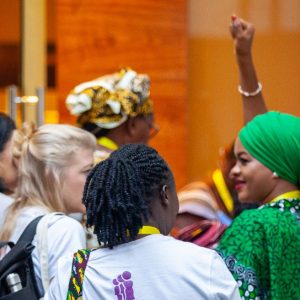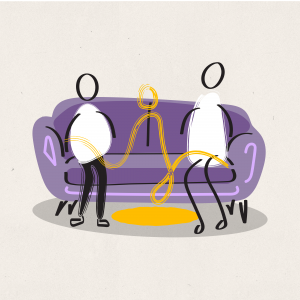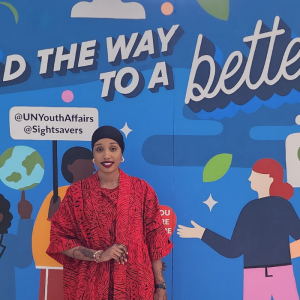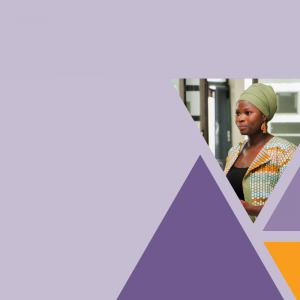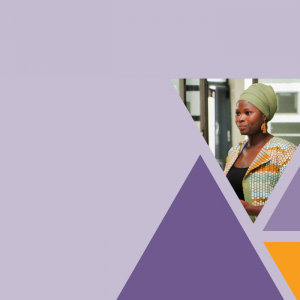In November 2019, Seleyian Partoip, activist, Founder and Director of Murua Girl Child Education Programme attended the International Conference on Population Development in Nairobi, Kenya. Seleyian was a keynote speaker during Orchid Project’s side event on partnerships to end female genital cutting (FGC). She shared with us her thoughts on ICPD, the role of grassroots voices in ending FGC, and her hopes for the movement in 2020.
How was your experience at ICPD?
My experience at the ICPD was amazing. I had a special opportunity to speak on a panel with the Global Platform for Action to End FGM/C and represent the voices of the youth. There was overwhelming support from my fellow youth and activists, and insightful messages from my fellow panellists. The commitment to ending FGC resonated amongst every single participant, all of whom are working in different capacities to end FGC in their communities.
I was invited to side events on sexual reproductive health rights, youth engagement and policy and advocacy work. I also had a chance to attend networking events and make meaningful connections with individuals and organisations that have so far helped with resources for our work on end FGC and reproductive health education.
I got a chance to meet friends and FGC activists from other countries that I had not seen in a long time and was so inspired to hear their progress and achievements in their work to end FGC.
What message did you share at ICPD?
I shared my personal conviction and commitment to protect my daughter from FGC and give her a right I was denied of owning my body. Every time I speak about FGC, I speak as a survivor of the practice. I assured the audience that my daughter will never speak as a survivor.
I also shared some of our approaches in community dialogues that focus on the effects of FGC with regards to the 4 fundamental rights of the child: survival rights, development rights, participation rights, and protection rights. I discussed how girls who suffer from life long complications from the cut, and girls who die from the cut are denied their survival rights, and how girls who are married off and denied a chance to pursue their education and dreams have their development rights infringed. Their right to participate is denied when the decision to undergo the cut is made for them, not allowing them the chance to have a say in what happens to their bodies, and their right to protection is infringed when a parent subjects their child to harmful practices in the name of culture.
What value-add do you think the grassroots can bring to the global advocacy stage to end FGC? What role do you think the grassroots will play in the end FGC movement in 2020?
Grassroots organisations are key stakeholders in this movement. FGC happens at community level, and expands to the national and global stage, but it’s at the community-level that it will end. There is an urgent need to equip grassroot organisations to influence and champion change at both the individual level and the community level. This can happen through behaviour change communications and through support for social change. Once one person changes their opinion, they can convince others. And once a community has changed its practices, it will inspire other communities to change as well. The work to end FGC should be a bottom up approach where resources are channelled to the grassroots as that is where the bulk of the work is, and ultimately, where change is happening.
What message do you want to take forward from ICPD?
Drawing from the theme of accelerating the promise to end FGC by 2030, I want to play my part in equipping girls with life skills, leadership and advocacy skills to help them make informed choices about their bodies and their dreams. I will also join the global, national and local platforms to leverage resources and amplify the message of change. Finally, I will keep my government accountable to fulfil the promise of ending FGC by 2030, by advocating for policy implementation and resource allocation to the end FGC work.
Seleyian Partoip is an end FGM activist, Founder and Director of Murua Girl Child Education Programme. She has over 10 years experience in community development, working on gender and women’s rights, and is the End FGM Ambassador for Kenya Youth Anti-FGM Network. She is passionate about child protection, human rights and women & girls empowerment.

